Earlier this year, Michael Burns, the vice-chairman of movie studio Lionsgate, made a bold claim. According to Vulture, he said that through a partnership with generative AI company Runway AI, the company that is home to franchises like John Wick and The Hunger Games could repackage one of its signature series as an anime, generated entirely by AI in a matter of hours, and resell it as a new movie.
That notably has not happened. According to a report from The Wrap, it’s because the partnership, announced last year as a “first-of-its-kind” deal between a movie studio and a generative AI company, has not gone according to plan. The plan has allegedly hit snags related to the size of Lionsgate’s catalog, the limitations of Runway’s model, and copyright and licensing concerns.
The deal made between the companies last year saw Lionsgate give Runway AI access to its complete library of films, which Runway would use to create a custom and exclusive model that Lionsgate could use to create AI-generated videos. But, per The Wrap, Lionsgate’s library isn’t enough to create a fully functioning model. In fact, the report claims, Disney’s library wouldn’t be enough for such a task. The reality of building a generative AI model is that it needs a massive amount of data to be able to produce a sufficient and functional output. If the studio wanted to use Runway to create a lighting effect in a film, for instance, it would really only be able to render that effect if it had enough reference points to work with.
That seems to check out, if you think about it. Models with access to massive amounts of data, like Google’s Veo or OpenAI’s Sora, produce videos that contain countless mistakes, glitches, and uncanny valley-like oddities. The possibility of creating a generative model on a much more limited set of training data is going to produce much more limited generative capabilities.
And then there are the legal questions surrounding the potential use of generative AI that comes entirely from Lionsgate’s outputs.
Burns’ pitch of an anime-filtered version of a film? He told Vulture that he’d have to pay the actors and other rights participants to sell it. Who would that include? It’s not entirely clear. Do writers need to get a check? Do directors? What about gaffers for their lighting work? The report indicates that there are a lot of unanswered legal questions that extend beyond the fact that Lionsgate owns the intellectual property that sits in the way of actually releasing an AI-generated film.
“We’re very pleased with our partnership with Runway and our other AI initiatives, which are progressing according to plan,” Peter Wilkes, Chief Communications Officer at Lionsgate, told Gizmodo. “We view AI as an important tool for serving our filmmakers, and we have already successfully applied it to multiple film and television projects to enhance quality, increase efficiency and create exciting new storytelling opportunities. We are also using AI to achieve significant cost savings and greater efficiency in the licensing of our film and television library. AI remains a centerpiece of our efforts to use new technologies to prepare our business for the future.”
Runway did not respond to a request for comment.
There are indicators that Lionsgate is making use of Runway, though possibly not via the planned exclusive model. In that Vulture piece from earlier this year, the company was working on creating an AI-generated trailer for a film that hadn’t been shot yet, with the hope that execs could sell it based on the fabricated scenes. Whether audiences or creatives are served by that process is a different question.


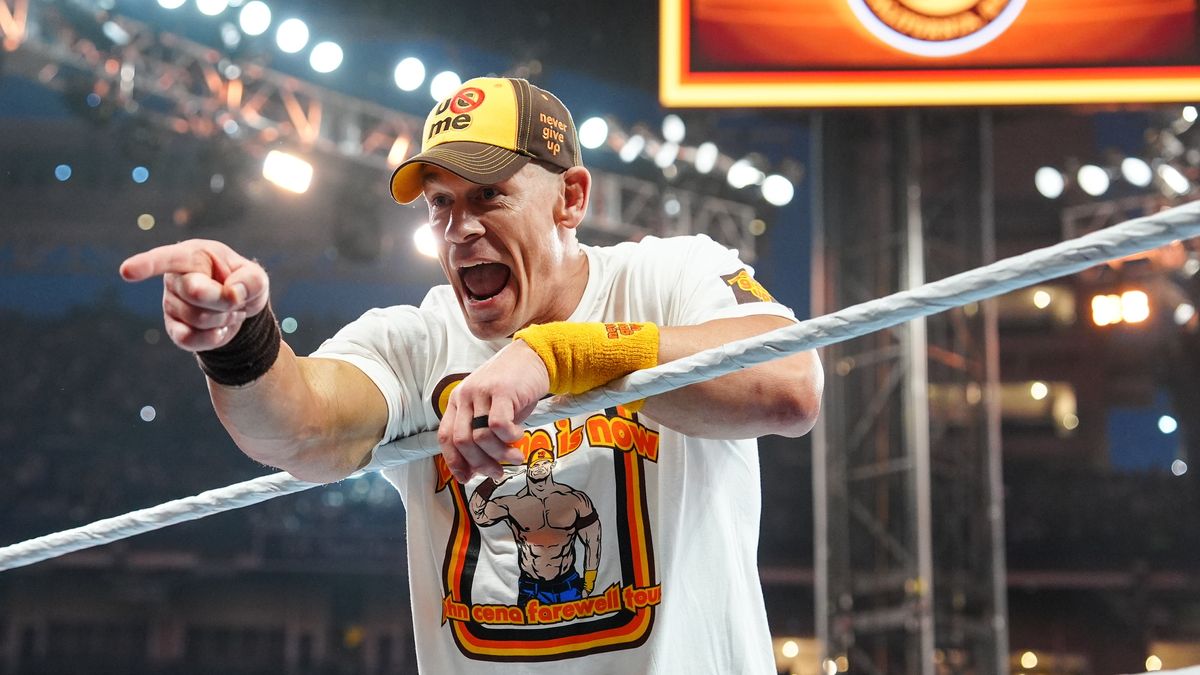
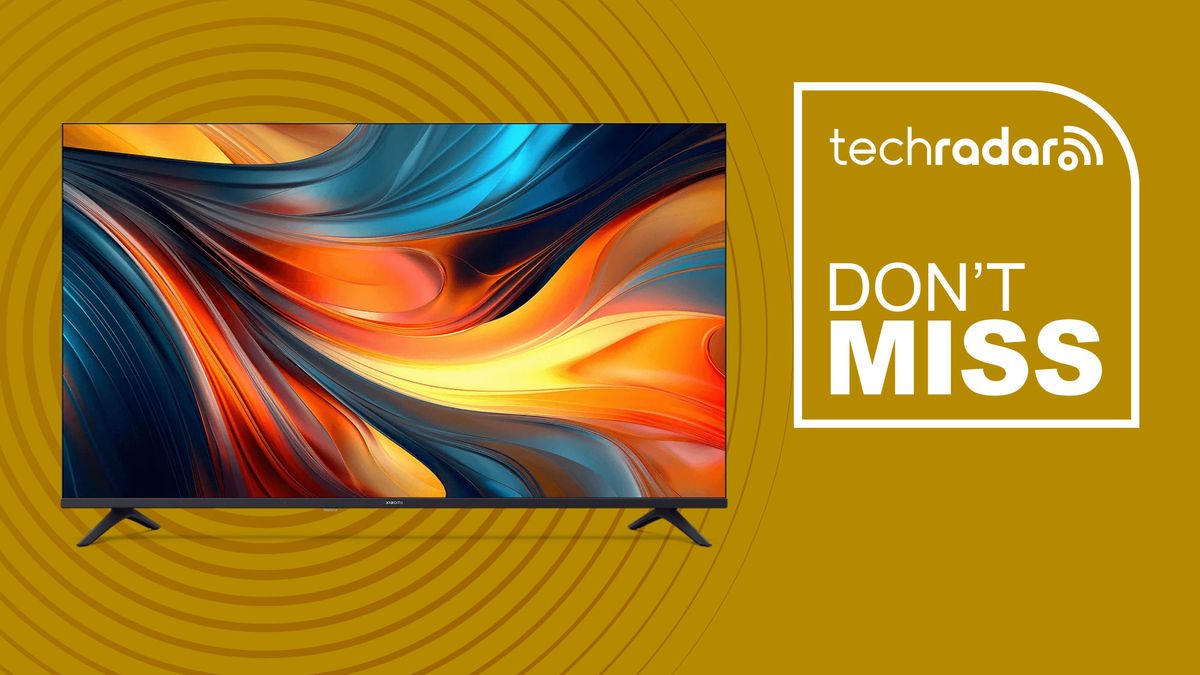
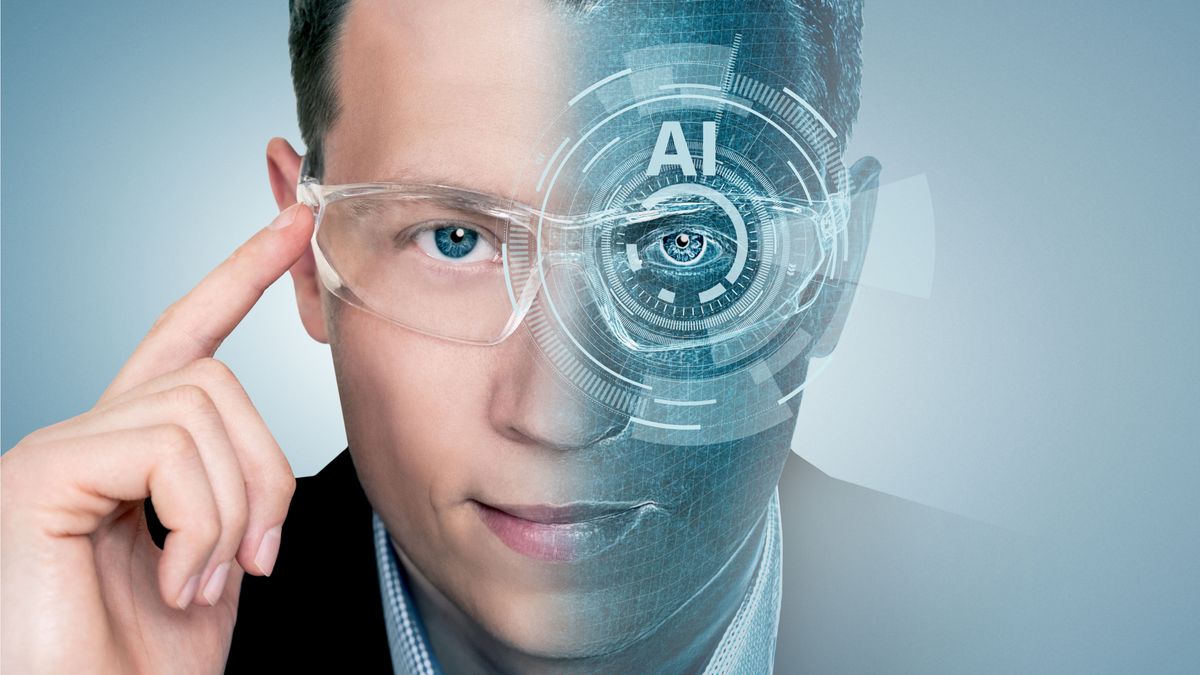
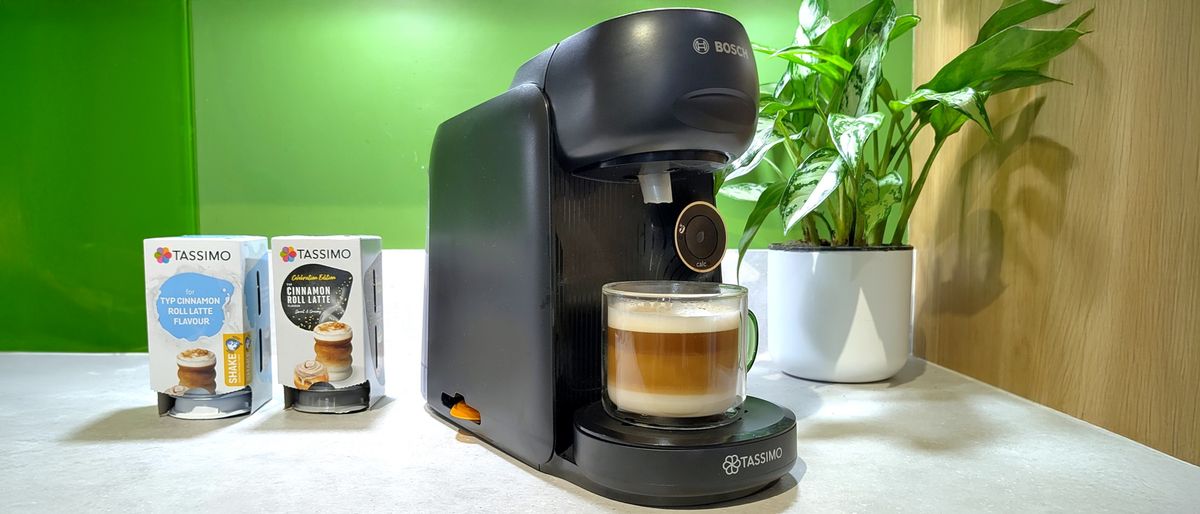

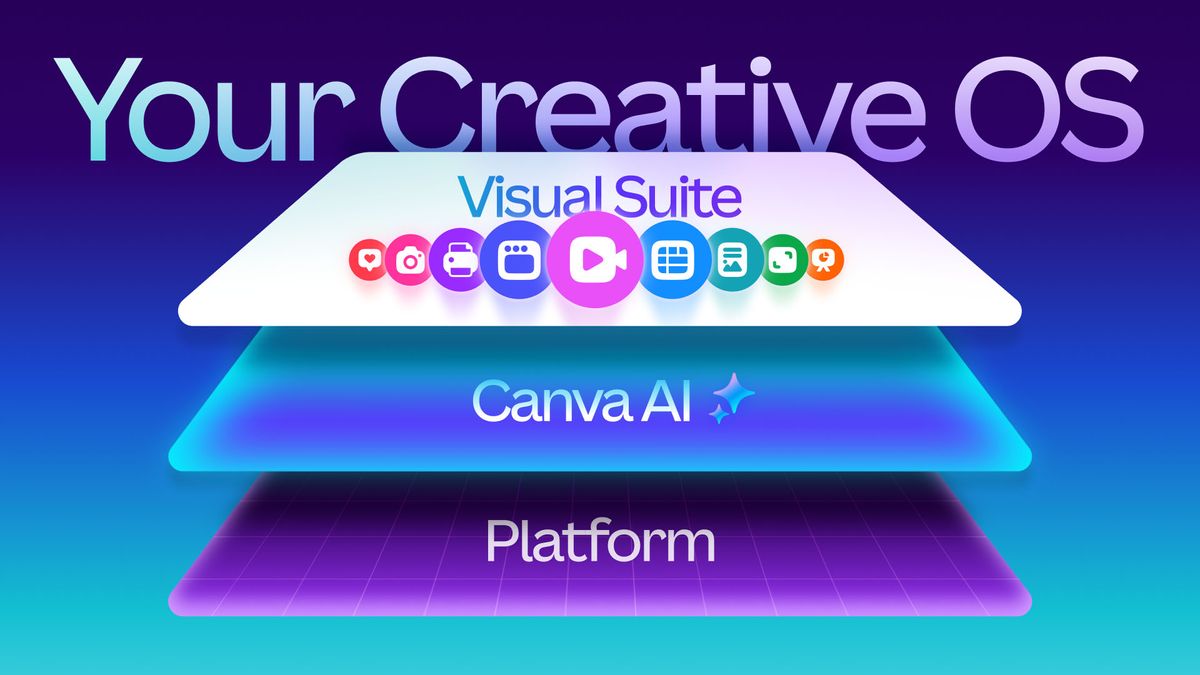

 English (US) ·
English (US) ·